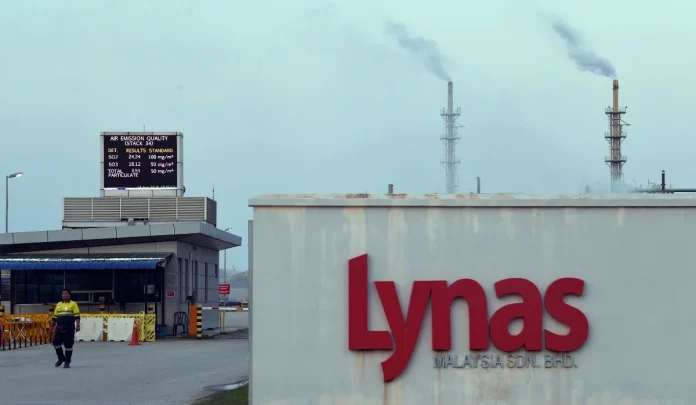Industry should be environmentally sound, economically viable and socially equitable, says expert
PETALING JAYA: As Malaysia pushes to develop its domestic rare earth element (REE) industry, a cornerstone of its green economy ambitions, experts warn that economic opportunity must be carefully balanced with environmental responsibility.
Taylor’s University innovative management practices research head Prof Dr Poon Wai Ching said global demand for REEs, essential in technologies ranging from electric vehicles to wind turbines, presents a significant economic opportunity for Malaysia.
However, she said “genuine sustainability” must guide any expansion.
“Genuine sustainability means the industry is environmentally sound, economically viable and socially equitable, not just ‘green’ in name,” she told theSun.
“This requires mandating best-available technologies that prioritise closed-loop systems, ensuring all water and chemicals used in leaching are captured, treated and recycled with zero discharge into rivers or the environment.”
She emphasised that sustainability must cover the entire supply chain, from extraction and processing to waste management and site rehabilitation.
“Toxic and radioactive byproducts, such as thorium and uranium, must be safely managed, and the site fully rehabilitated once the mine closes.”
On regulatory safeguards, she recommended that environmental impact assessments (EIA) be funded by project proponents but independently managed, with direct reporting to the Environment Department.
“The EIA should model the risks of REE processing, including chemical leachate and the long-term management of radioactive waste.”
She also highlighted gaps in Malaysia’s governance framework.
“The Sungai Perak incident (report below) shows a gap in enforcement and coordination. Federal versus state jurisdiction conflicts create loopholes that operators could exploit.”
She suggested linking corporate and export tax rates with environmental performance to encourage compliance.
“Companies achieving zero discharge and high waste recycling should enjoy lower tax rates, while those meeting only minimum standards should face higher ones. ‘Polluter pays’ must be absolute. Fines should always make pollution more expensive than compliance.”
Poon said while Malaysia’s REE ambitions align with the global transition to a green economy, there is a need to distinguish between the green applications of REEs and the environmental costs of their extraction and processing.
“Mining is inherently extractive. The green label applies to the product’s use, not to the extraction process.
“The goal is responsible mining, minimising environmental impact, containing all waste and mandating post-operational site rehabilitation.”
She also highlighted the high-intensity footprint of REE processing.
“REEs are rarely concentrated, requiring large volumes of ore to be excavated, crushed and chemically treated. The midstream leaching process uses strong acids and chemical agents, demanding substantial energy, which ideally should come from low-carbon sources to prevent the industry’s own emissions from offsetting the green benefits of its products.”
She added that REEs comprise 17 elements, each producing distinct waste streams, sometimes including low-level radioactive materials.
“A robust governance framework must be highly differentiated, with environmental standards, monitoring protocols and waste management plans tailored to each specific REE deposit.”
Poon referred to the Lynas case, in which the REE processing operations of an Australian firm drew public scrutiny, adding that it underscored the challenges of regulating a high-risk industry.
“Policymakers must weigh the strategic benefits of domestic REE processing against long-term environmental liabilities. It is the local population which bears the risk.
“Success would be measured not just by economic output, but by establishing a benchmark for responsible and sustainable REE operations.”
Poon added that as Malaysia advances its rare earth ambitions, stringent safeguards, rigorous oversight and innovative management practices are essential to ensure that economic growth does not come at the expense of environmental and social well-being.








